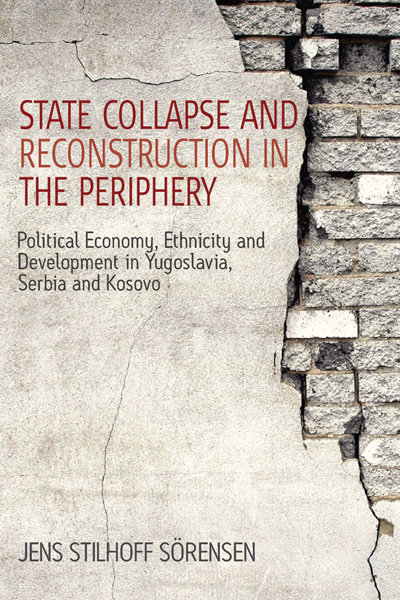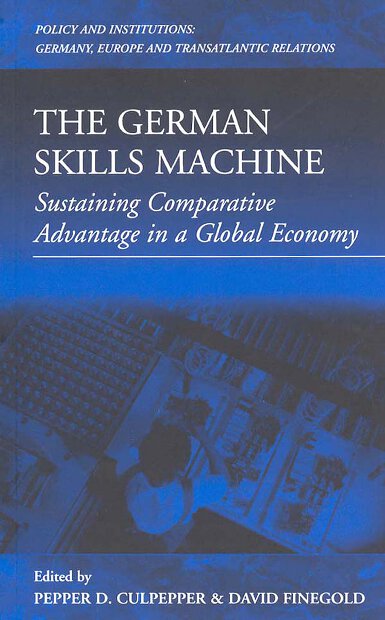
Email Newsletters
Sign up for our email newsletters to get customized updates on new Berghahn publications.
State Collapse and Reconstruction in the Periphery
Political Economy, Ethnicity and Development in Yugoslavia, Serbia and Kosovo
Jens Stilhoff Sörensen
332 pages, bibliog., index
ISBN 978-1-84545-560-6 $135.00/£104.00 / Hb / Published (May 2009)
ISBN 978-1-78920-490-2 $34.95/£27.95 / Pb / Published (May 2019)
eISBN 978-1-84545-919-2 eBook
Reviews
“Sörensen has produced a detailed and comprehensive work on the reconstruction efforts of western states at the European periphery. Thanks to his knowledge of the region, the chosen theoretical framework and the detailed historical background information the book offers far more than an introduction to the topic and problematic.” · Südosteuropa
"Especially crucial and interesting is the discussion of the attempt to reconcile ethnicity with socialism in a multinational environment where history has traditionally been the decisive element….this book is pessimistic but, unhappily, probably also realistic." · Choice
Description
In the 1990s, Yugoslavia, which had once been a role model for development, became a symbol for state collapse, external intervention and post-war reconstruction. Today the region has two international protectorates, contested states and borders, severe ethnic polarization and minority concerns. In this first in-depth critical analysis of international administration, aid and reconstruction policies in Kosovo, Jens Stilhoff Sörensen argues that the region must be analyzed as a whole, and that the process of state collapse and recent changes in aid policy must be interpreted in connection to the wider transformation of the global political economy and world order. He examines the shifting inter- and intracommunity relations, the emergence of a "political economy" of conflict, and of informal clientelist arrangements in Serbia and Kosovo and provides a framework for interpreting the collapse of the Yugoslav state, the emergence of ethnic conflict and shadow economies, and the character of western aid and intervention. Western governments and agencies have built policies on conceptions and assumptions for which there is no genuine historical or contemporary economic, social or political basis in the region. As the author persuasively argues, this discrepancy has exacerbated and cemented problems in the region and provided further complications that are likely to remain for years to come.
Jens Stilhoff Sörensen is a Research Fellow in the Swedish Institute of International Affairs and at the School of Global Studies, Gothenburg University. He has worked for the Swedish Ministry for Foreign Affairs, the Swedish International Development Cooperation Agency and the OSCE.

